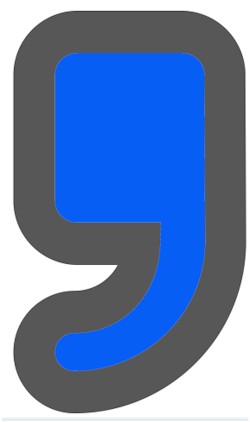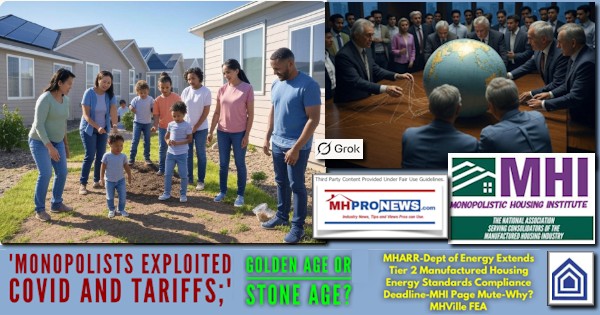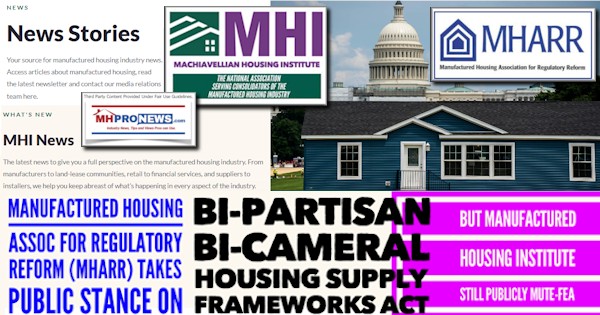In the attachment linked at the end of the Consumer Financial Protection Bureau (CFPB) press release to MHProNews is this legally important phrase.
“The Bureau concludes in this interpretive rule that certain pandemic relief payments are not “government benefits” for purposes of Regulation E and the Electronic Fund Transfer Act (EFTA) and are therefore not subject to the compulsory use prohibition in EFTA, if certain conditions are met.”
This is just one of several issues that will have to be unpacked in the wake of legislation and action on the local, state and federal level. The CFPB release is below.

April 13, 2020
CONSUMER FINANCIAL PROTECTION BUREAU PAVES WAY FOR CONSUMERS
TO RECEIVE ECONOMIC IMPACT PAYMENTS QUICKER
WASHINGTON, D.C. – Today the Consumer Financial Protection Bureau (Bureau) took steps to make it easier for consumers to receive pandemic-relief payments, including the economic impact payments authorized in the CARES Act, through prepaid accounts. Federal, State, and local governments are considering a variety of approaches to providing consumers relief from the economic impacts of the COVID-19 pandemic.
“In these unprecedented times, policymakers are acting swiftly to provide consumers with needed financial support through new mechanisms and for new purposes outside of existing government benefit programs,” said CFPB Director Kathleen L. Kraninger. “The steps we are taking today ensure that consumers can receive these payments in a fast, secure, and efficient manner.”
Government agencies may not always be able to use direct deposit to distribute funds because they do not have access to consumers’ account information, such as account and routing numbers, and because some consumers receiving payments do not have a pre-existing account that can accept direct deposits.
In such cases, the disbursement of funds via alternative means, such as a newly-issued prepaid account, may be faster, more secure, more convenient, and less expensive—for both the government agency and the consumer—than making disbursements through other methods such as paper check.
Government agencies are prohibited by the Electronic Fund Transfer Act (EFTA) and its implementing regulation, Regulation E, from requiring consumers to establish accounts for receipt of electronic fund transfers with a particular financial institution as a condition of receipt of a government benefit (known as the compulsory use prohibition).
To get pandemic relief payments to consumers in a fast, secure, and efficient manner if direct deposit is unavailable, the interpretive rule the Bureau is issuing today concludes that, if certain conditions are met, certain pandemic-relief payments are not “government benefits” for purposes of Regulation E and thus these payments are not subject to the compulsory use prohibition in EFTA and Regulation E.
Specifically, government benefits do not include payments from federal, state, or local governments if those payments: (1) are made to provide assistance to consumers in response to the COVID-19 pandemic or its economic impacts; (2) are not part of an already-established government benefit program; (3) are made on a one-time or otherwise limited basis; and (4) are distributed without a general requirement that consumers apply to the agency to receive funds.
The Interpretive Rule on Treatment of Pandemic Relief Payments under Regulation E and Application of the Compulsory Use Prohibition is available at: https://files.consumerfinance.gov/f/documents/cfpb_interpretive-rule_pandemic-relief-payments-reg-e.pdf
—
The Consumer Financial Protection Bureau is a 21st century agency that helps consumer finance markets work by regularly identifying and addressing outdated, unnecessary, or unduly burdensome regulations, by

making rules more effective, by consistently enforcing federal consumer financial law, and by empowering consumers to take more control over their economic lives. For more information, visit consumerfinance.gov.
###
While all of the above and attached are potentially significant to industry professionals and the manufactured home industry homeowners and potential consumers, the clause below merits emphasis.
“Specifically, government benefits do not include payments from federal, state, or local governments if those payments:
(1) are made to provide assistance to consumers in response to the COVID-19 pandemic or its economic impacts;
(2) are not part of an already-established government benefit program;
(3) are made on a one-time or otherwise limited basis; and
(4) are distributed without a general requirement that consumers apply to the agency to receive funds.”
MHProNews will continue to monitor various developments as it relates to governmental and other actions regarding the CCP Virus which has, could or will impact the affordable housing, manufactured and modular home industries. For additional insights on the most recent COVID19 financial relief efforts, see the first related report below the byline.


Stay tuned for more from your #1 source for the most-read manufactured housing “Industry News, Tips, and Views Pros Can Use” © where “We Provide, You Decide.” © (Affordable housing, manufactured homes, reports, fact-checks, analysis, and commentary. Third-party images or content are provided under fair use guidelines for media.) (See Related Reports, further below. Text/image boxes often are hot-linked to other reports that can be access by clicking on them.)

By L.A. “Tony” Kovach – for MHLivingNews.com.
Tony earned a journalism scholarship and earned numerous awards in history and in manufactured housing. For example, he earned the prestigious Lottinville Award in history from the University of Oklahoma, where he studied history and business management. He’s a managing member and co-founder of LifeStyle Factory Homes, LLC, the parent company to MHProNews, and MHLivingNews.com. This article reflects the LLC’s and/or the writer’s position, and may or may not reflect the views of sponsors or supporters.
Connect on LinkedIn: http://www.linkedin.com/in/latonykovach
Related References:
The text/image boxes below are linked to other reports, which can be accessed by clicking on them.
February 2020, Latest National Manufactured Housing Production Data, MHI and MHARR Comparisons
Are Manufactured Housing Supply Chains in China Threatened by Coronavirus?


























